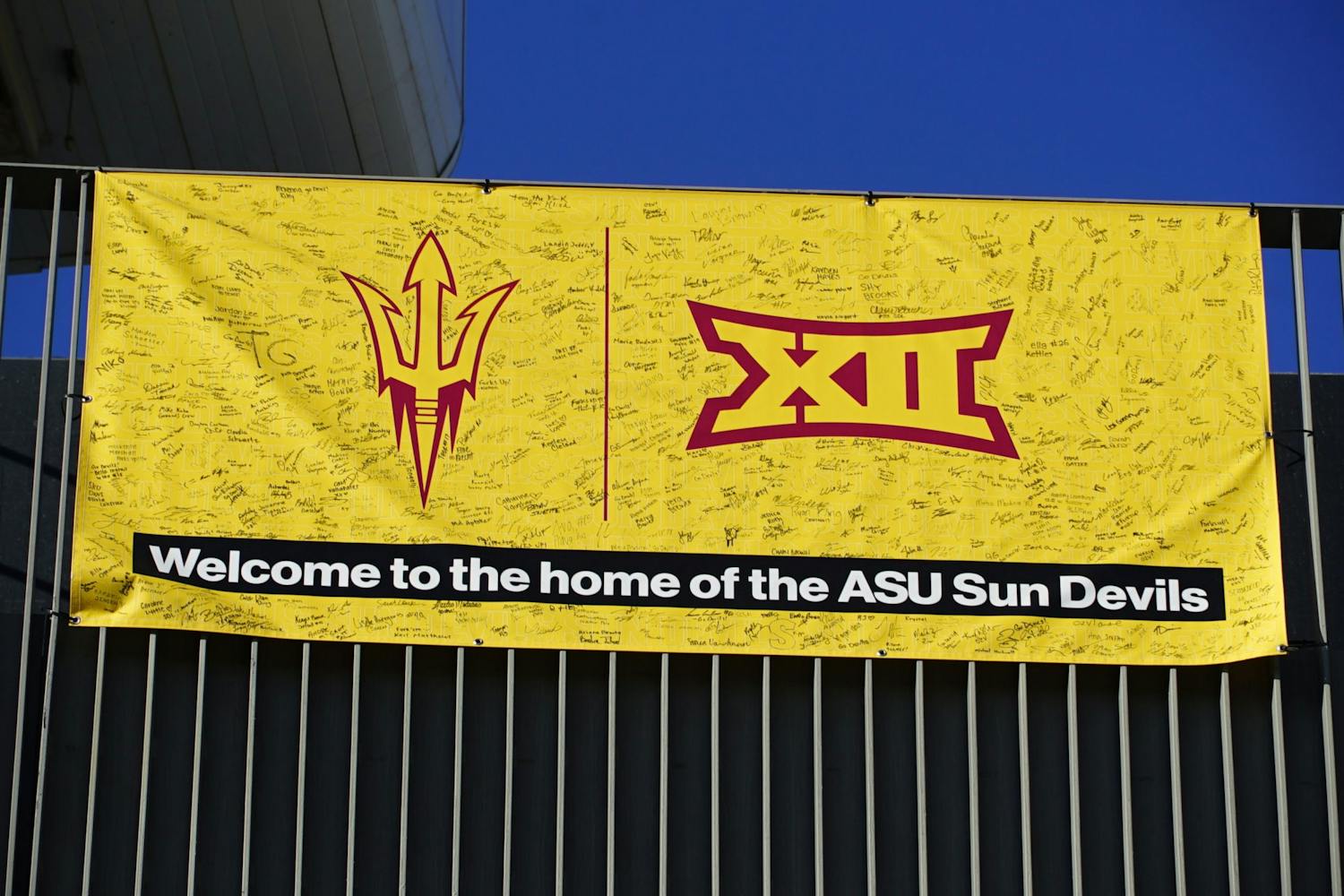About two weeks ago, news spread globally about chemical attacks in Syria that killed thousands of people, including some of the most innocent of human beings, children. I believe that chemical attack will be mentioned in history books for years to come. We are watching history in the making, and unfortunately not the kind of history that makes us all happy to be the way we are.
The use of chemical weapons in Syria was simply the culmination of a long string of protests and stand-offs that began with the Arab Spring in 2011. It is the same event that sets off a grueling and complicated discussion about how the world can come together to help resolve the civil warfare. And moreover, whether or not any other states should be involved.
The politics of the situation aside, there is a severe detachment between the way most of us live here at ASU and in the United States, compared to those currently in Syria or other nations. A great deal of us are not forced to experience the pain of losing family too soon and in great numbers. The Y'en a Marre movement in Senegal protested a government that failed to improve life in Senegal, especially for youth who believed they deserved more civil liberties such as voting rights. It is another look into the feelings of injustice that can surround a situation similar to Syria's. We generally are blessed with far more human rights than others. But sometimes, I wish I knew.
http://youtu.be/X33BWYnBnm4
For me, as a political science major, knowing what people in these situations are facing holds such great importance. The knowledge of the different perspectives and emotions better informs what I hear on the news or from word of mouth.
The best perspectives come in the form of books. Without further ado, I present to you with books that set the stage. Books that tell the stories. Books that fashion (excuse my reference) "blurred lines" when it comes to our detachment from the situation.
1. "Liberation Square: Inside the Egyptian Revolution and the Rebirth of a Nation" by Ashraf Khalil
Remember how I mentioned the Arab Spring? If you don't know much about the event, and want a brief synopsis of what occurred, this book is for you. Admittedly, this isn't necessarily a book to "read for fun" in the midst of required reading for classes, but in my opinion it is a must read for our generation. This book is a journalist's account of the Arab Spring that appeared to have elevated the course of globalization. Suddenly, social media became a part of protests, and the Middle East is even the tiniest bit different because of it.
2. "Nothing to Envy: Ordinary Lives in North Korea" by Barbara Demick
This book may seem like a long shot, but it really isn't. While the Syrian government claims to be a semi-presidential republic, is has made political moves leaning toward dictatorship. One of the strictest dictatorships of our time is that of North Korea. When I think of North Korea, I think of that map of the globe at nighttime that showed that most everywhere else on the planet had light except for North Korea who was completely in the dark. Demick's book dives into the historical and literal aspects of the struggle within the region but also cozies up to the more human stories of love and romance.
3. "Night" by Elie Wiesel
"Night" was one of the first books I read academically, that I continued to read again and again out of sheer respect and love of it. It is one of the most acclaimed perspectives of the Holocaust, and for good reason. The Holocaust may be the most well-known genocide in recent history. Please (please, please, please) read "Night."
4. "Sarah's Key" by Tatiana de Rosnay
This story is not necessarily one that relates to the situation completely. It is about a woman who learns about the history of a family suffering for the sole reason of being Jewish in France in 1942. I added this book on the list mainly for two reasons: the first is that perspectives on the Holocaust sometimes create a clear picture for all of us about what genocide looks like. And the second is that it gives us a taste of the discoveries that are made every day about events like civil wars and mass extermination. It's important for us to watch what happens over the next few weeks, months, and years. We won't have all of the answers, but we can spend our lives looking for the answers to something important.
And if you've read all these and need more, check out the Good Reads listing on genocide or history. Also, if you want to learn more about Syria, but don't have time to read all the news articles, read this from the Washington Post.
Stay informed and stay curious, friends.
You can reach me at arabusa@asu.edu or on Twitter @marie_eo.



